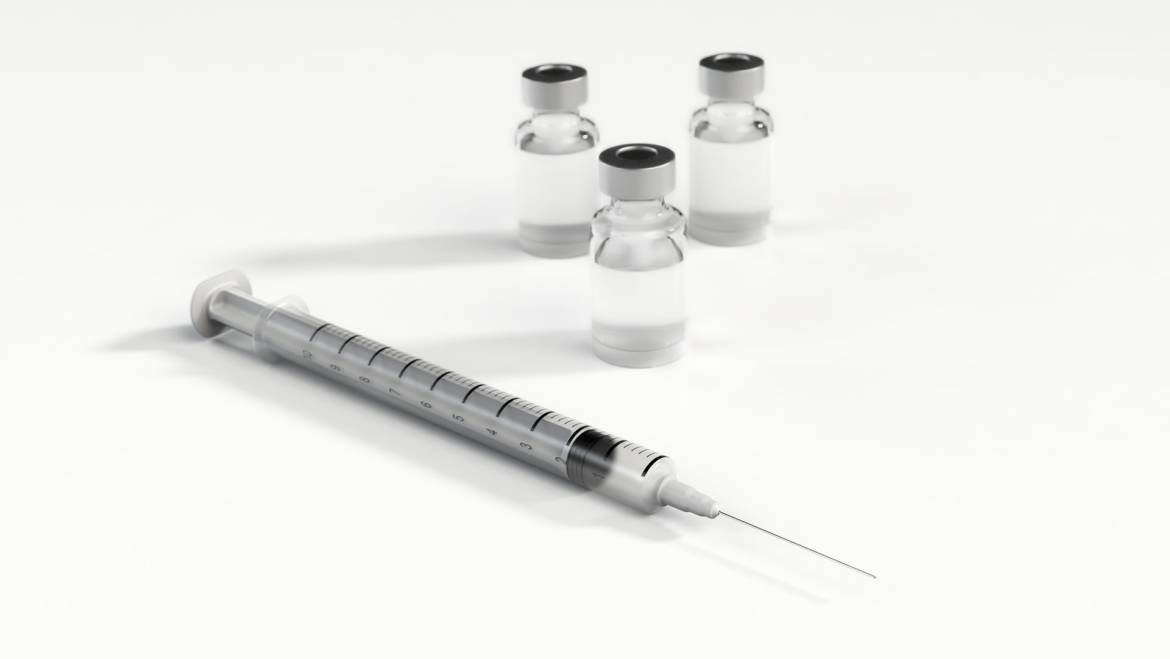New Shingles Immunization
Herpes Zoster, also known as Shingles, is a painful, itchy rash that lasts for two to four weeks. It develops along a nerve pathway and happens as we age. A complication called postherpetic neuralgia sometimes happens after the shingles rash resolves which causes nerve pain at the healed site for up to six months or more. When you’ve had chickenpox, a small amount of the virus may remain inactive in a nerve. This reactivates as Shingles when a physical or emotional stress wakes the virus. While Shingles is not a life-threatening disease, the pain can be severe and reoccur. The CDC (US Center for Disease Control) relates that one in three Americans will develop Shingles in their lifetime.
Since 2006, Zostavax has been available to adults to prevent Shingles. Zostavax is a live vaccine that introduces a weaker version of the virus into a person’s body to stimulate an immune response, so when faced with the actual virus, your body will prevent the disease. Statistics have proven Zostavax to be 50-60% effective for those over 60.
There is a new vaccine called Shingrix which has 97% effectiveness for those aged 50-69, and 91% effectiveness for those over 70 years of age and seems to be more effective at reducing postherpetic neuralgia. Shingrix is not a live vaccine, which can reduce the possibility of an adverse reaction.
The CDC relates that both vaccines decrease in effectiveness over time. Zostavax diminishes 15-25% after each year and is ineffective after 9 years. Shingrix produces effectiveness for four years at 85%. Longer results have not been reported yet.
Side effects from both are a sore arm with redness and some swelling. These local side effects seem worse in Shingrix. Also, people have reported muscle pain, headaches and shivering with fever stomach pain or nausea. One out of six people related the side effects from Shingrix prevented them from doing normal activity, which resolved after 2 to 3 days A serious reaction called anaphylaxis rarely happens but watch for swelling of the face, trouble breathing or dizziness. Get emergency help right away. If you have any questions about side effects, talk with your doctor.
Do not take Shingrix or Zostavax if you have ever had any reaction to any component of a vaccine, if you tested negative for immunity to varicella zoster virus (consider obtaining the chickenpox vaccine), if you currently have shingles or are pregnant or are breastfeeding. When your immune system is compromised by drugs and chemotherapy, or you have a disease that lowers your immune response like leukemia, lymphoma or active tuberculosis don’t immunize. All adults should consider this new immunization.
Pat Woerheide, RN


